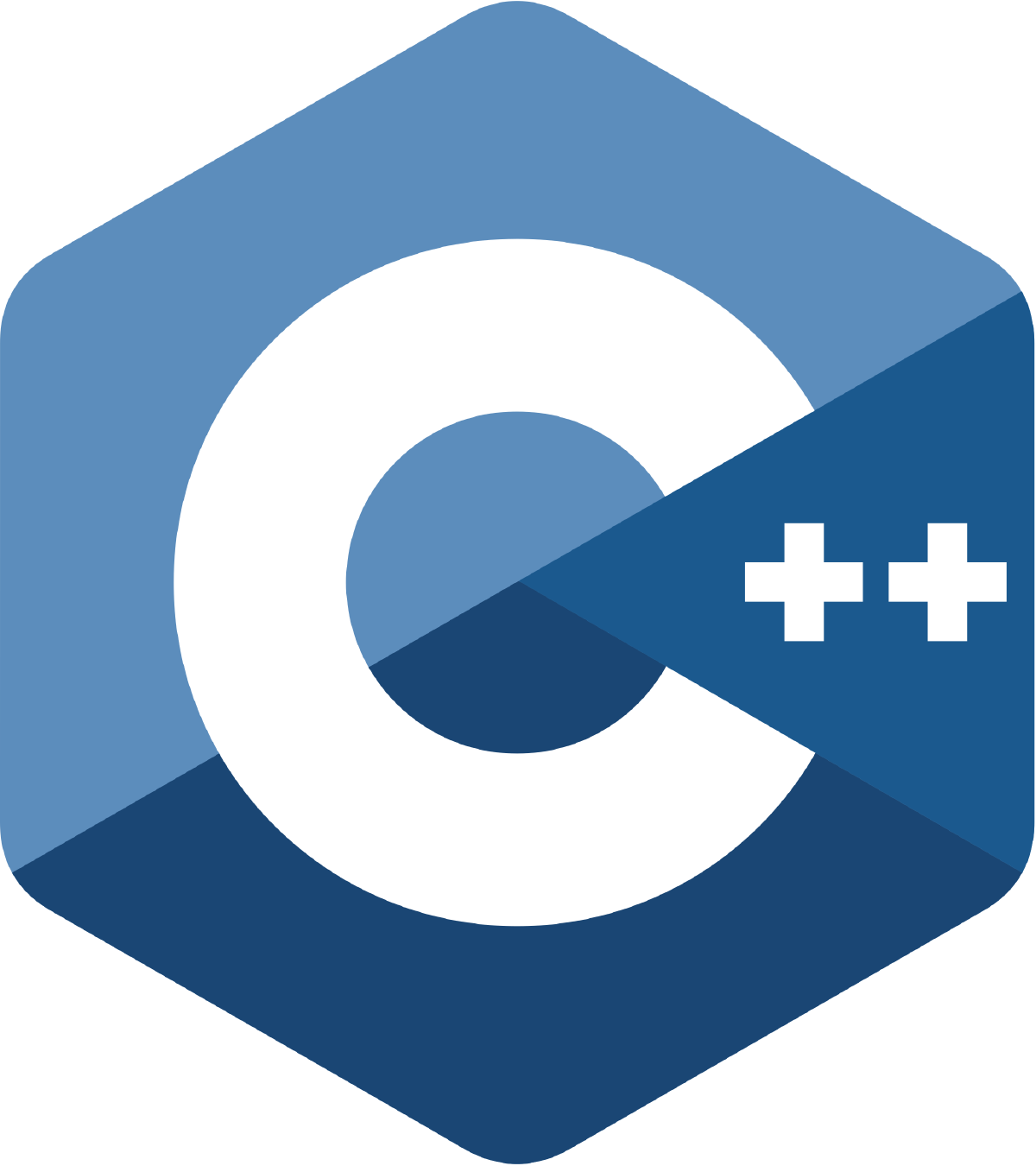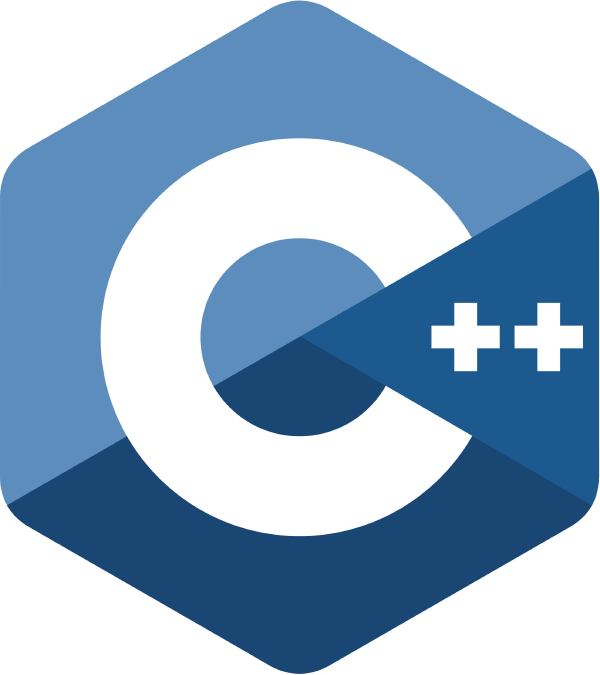Copy Elision is an optimization technique in C++ that allows compilers to avoid unnecessary copying of objects.
This blog post will explain the behavior of copy elision in C++17, including basic initialization, return value optimization (RVO), named return value optimization (NRVO), and practical examples.
Basic Initialization (T(T(T())))#
Let’s consider the following statement:
// From [dcl.init]/17
T x = T(T(T()));In C++17, the standard mandates that the variable x is directly initialized by a default constructor without copying or moving. 1
This applies even if T is a non-copyable/movable type.
// A non-copyable/movable type
class T {
public:
T() = default;
T(const T&) = delete;
T(T&&) = delete;
T& operator=(const T&) = delete;
T& operator=(T&&) = delete;
};
int main() {
T x = T(T(T())); // OK in C++17
Copy Elision#
In C++17, objects are directly constructed in the following situations.
- return statement
- throw statement
- exception declaration
The first one is called Return Value Optimization(RVO), which is an optimization technique that mandates compilers directly construct the local variable by the return value. This can improve performance and reduce unnecessary copying/moving of objects. By using this feature, a function can return a non-copyable/movable type.
// A non-copyable/movable type
class T {
public:
T() = default;
T(const T&) = delete;
T(T&&) = delete;
T& operator=(const T&) = delete;
T& operator=(T&&) = delete;
};
T func() { return T{}; }
int main() {
T x = func(); // OK in C++17
}Named Return Value Optimization (NRVO) and Implicit Move#
Consider the situation that a function returns or throws a local variable. As the lifetime of the variable is about to expire, move construction will be tried first even if it’s not moved.
T func() {
T t;
return t; // move constructor/move assign will be used if possible
}
int main() {
T x = func();
}Even if not explicitly moved, move constructor or move assign operator will be used if possible.
Note that if a local variable is returned/thrown, Named Return Value Optimization(NRVO) may be applied by the compiler. NRVO is a technique that allows compilers to construct a returned local value storage instead of a function’s local storage. However, unlike RVO, NRVO may not always be applicable. Therefore, a function cannot return a non-copyable/movable local variable.
In short, when a function returns a local variable, NRVO is tried first, then a move constructor/assignment operator is tried, and finally, a copy constructor/assignment operator is used if neither is applicable.
Practical Example#
Consider the following program:
void func(std::string a) { /* ... */ }
int main() {
std::string s = "Hello World";
func(std::move(s));
}The argument variable a is move-constructed. As described above, the move here can be skipped by a copy elision technique.
void func(std::string a) { /* ... */ }
int main() {
func(std::string{"Hello World"});
}In this code, the argument a is directly constructed by the argument "Hello World". It works faster than the original code because no temporary object will be created.
If you want to avoid nests of parentheses, you can use a lambda expression.
void func(std::string a) { /* ... */ }
int main() {
const auto s = [](){ return std::string{"Hello World"}; };
func(s());
}By using a lambda expression, the return statement is optimized by RVO, which allows compilers to construct the argument directly by the string literal "Hello World". This avoids the need for a temporary object and improves performance.
↩︎If the initializer expression is a prvalue and the cv-unqualified version of the source type is the same class as the class of the destination, the initializer expression is used to initialize the destination object. ([dcl.init]/17)




